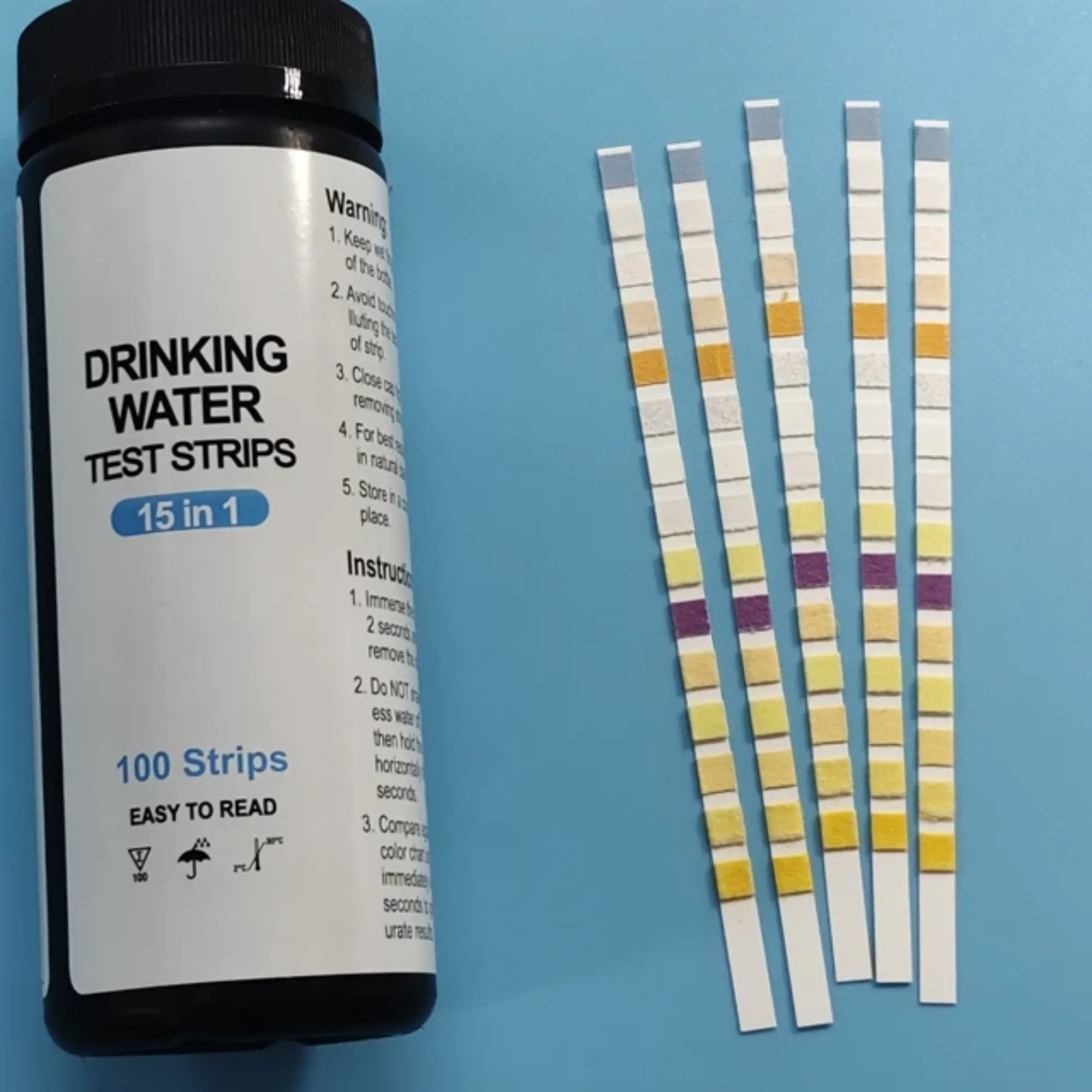Encouraging Benefits That You Will Get from Chlorine Disinfectants in Water Treatment
Water Treatment is an important process involved in maintaining the cleanliness and safety of drinking water. One of the most often used and efficient techniques among all water treatments is definitely chlorine disinfectants. In this detailed article, we provide a comprehensive summary of chlorine disinfectants, reviewing their benefits and innovations as well safety precautions to take when using them in your facility or property.
Chlorine Disinfectants Pros
Chlorine disinfectants provide so many benefits in water treatment. One of the main benefits is their talent in killing dangerous bacteria, viruses, other pathogenic microorganisms that can lead to diseases. They are also affordable and easy to work with. The residual effect of chlorine disinfectants is considered an important advantage because microorganisms continue to be killed after treatment. This subsequent activity acts as a sheild for the water during its passage through the distribution system in an effort to make it safe for consumption.
Quaternary ammonium chlorides have also introduced a degree of innovation to chlorine-based disinfectants.
There has been substantial advancement in the field of chlorine disinfectants over years, which have resulted in making them more effective and safer. Although chlorine gas was the first type of form of a disinfectant to be used, it was found to be unsafe due its toxicity and difficulties involved with handling. Now, these have evolved to more modern versions like sodium hypochlorite and calcium hypochlorite that are safer. Because of this, the more complex forms of disinfectant-byproduct precursors are less likely to be found in chlorine-treated water and produce harmful byproducts compared with simple chlorinator.
Safety of chlorine disinfectants
Above all, safety of any disinfectant is #1. Although chlorine disinfectants can be dangerous if not handled properly, they are mostly safe when used as directed. When using chlorine disinfectants, use the proper PPE and follow correct storage and handling practices to ensure safety. In addition, proper dosing of chlorine disinfectant is important to avoid health risk.
Chlorine-based disinfectants Usage
Water - Chlorine disinfectants may be Added to the.notifyDataSetChanged(); In large wastewater treatment facilities, chlorine gas is used most commonly compared to smaller applications such as households and businesses (Chudak). Chlorine disinfectants are commonly applied to the water at this stage in processes using a chlorine-based halogen, which would start with introducing. The water is then held there long enough to work adequately with the disinfectant, before it is tested and distributed.
Performance and Quality of Chlorine Disinfectants
It is important to provide reliable chlorine disinfectants in water treatment for the efficiency of it. Professional water treatment entities provide a wide variety of solutions that are designed to have your water handling system outputting safe, clear drinking-quality H2O.. These include regular maintenance, testing the water and updating systems for efficiency.
Applicationof Chlorine Disinfectants
Chlorine disinfectants are used in an extensive variety of settings across residential, commercial and industrial. They are widely used in commercial places like community swimming pools, hotels and many other recreational water facilities to ensure the safety of water. Secondly, chlorine disinfectants are also used by hospitals and other healthcare facilities; to avoid the spread of infections. A food processing facility also requires chlorine disinfectants that are used to kill bacteria on equipment and surfaces, so as not lead to contamination.
Conclusions Chlorine-based disinfectants Is an efficacious and safe answer to water suitable management. Their range of benefits, such as cost-effectiveness, user friendliness and residual efficacy make them more popular. Please note that most professional water treatment companies are able to guarantee both high quality and safe drinking water from your system.

 EN
EN








































